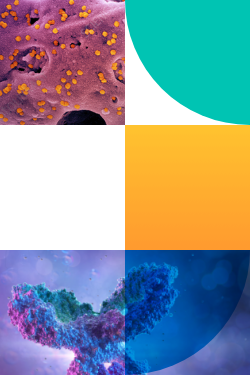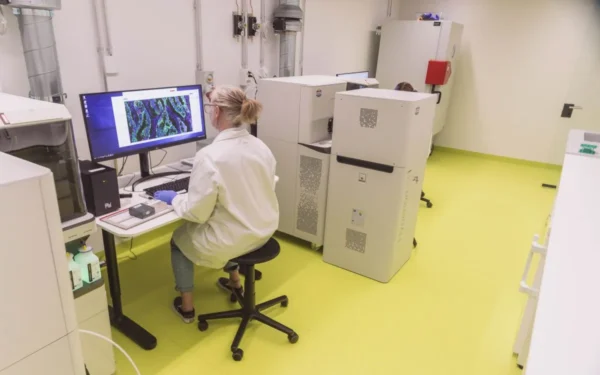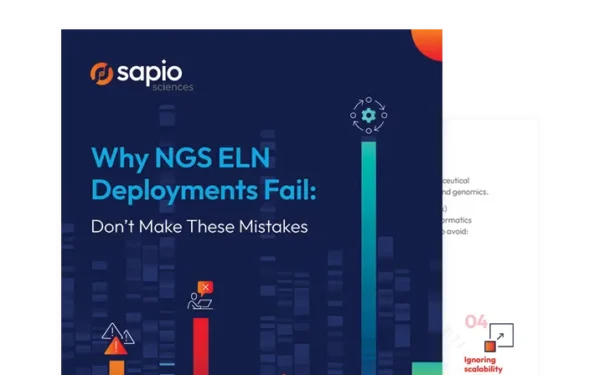

Lab Informatics Resources
Free tools and resources on science-aware™ lab informatics.
Precision Public Health in an Era of AI and Big Data
In this webinar, Joanne Hackett of IQVIA, a leading expert on precision public health, will discuss how the convergence of precision medicine and new technologies, such as next-generation lab informatics and GPT-AI techniques, are revolutionizing healthcare through faster disease diagnosis, the development of new therapies, and improved clinical trial access.
Hackett will discuss the latest advancements in precision medicine, emphasizing their impact on rare diseases and the role of genetic testing in routine healthcare. The presentation will address the future of precision medicine, focusing on the decreasing costs of genetic analysis, the need for policy development, and the importance of education and public awareness. The application of precision medicine to improve disease outcomes in various fields, particularly oncology, pediatrics, and chronic genetic conditions, will be discussed. Furthermore, Hackett will examine the broader influence of precision medicine on healthcare, society, and the environment, emphasizing the shift from disease treatment to prevention.
Aaron Schooler, senior manager of presales at Sapio Sciences, will explore the advancements in configurable lab workflow, AI chat, and next-generation lab informatics, highlighting how these technologies are optimizing research, automating workflows, simplifying processes, and accelerating data analysis in a rapidly changing environment. The speakers will discuss how AI and lab informatics are not only speeding up research but also enhancing the precision and reliability of results, leading to groundbreaking discoveries more quickly.
Data management, a pivotal component of precision public health, will be discussed in detail. The speakers will delve into groundbreaking data management strategies that provide scientists with unprecedented access to vast amounts of data generated in precision public health, focusing on unified access, FAIR data compliance, data integrity, and facilitation of easy access and retrieval of scientifically meaningful data.


